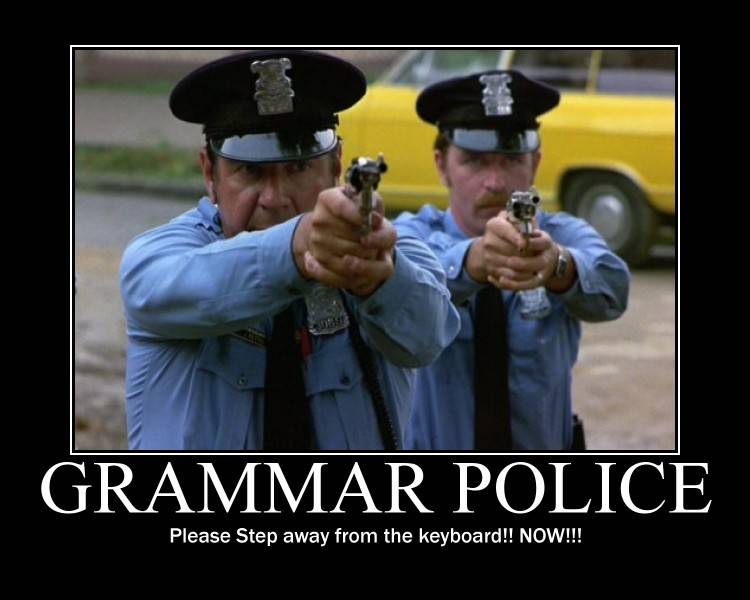...IMO, you don't measure how accurate a watch is, you measure how much it deviates, ergo you measure how
inaccurate it is! Hence, a watch isn't "X times as accurate" as something else, but rather "X-tenths (or whatever) as inaccurate"...
Not sure that I agree with that, although my disagreement might just be just as much with the underlying premise that it's appropriate to use fractions that way to compare two watches in the first place.
There are only two possibilities: Either (1) "accuracy" is understood to mean "relative" along a range of possible measures, or (2) "accuracy" is understood to mean "absolute" (perfect) accuracy.
If accuracy is understood to mean relative, then, I think you'd describe watches as simply being more or less accurate relative to one another for much the same reason that you'd refer to one vehicle* being "twice as fast" as another and never "half as slow." Therefore, I think one would refer to one watche as simply being twice as accurate as another watch and not half as inaccurate.
If accuracy is understood to mean "perfect" accuracy, then, apart from the concept of "perfection" necessarily being dependent on the scale of measurement -- and apart from any Heisenberg and/or limitations-of-mechanical-devices arguments -- accuracy would be understood to refer to an absolute concept (just like "perfect" and "full"). In that case, the awkward but technically-correct terms would be "more nearly-accurate" and "less nearly-accurate" for the exact same reason that it's incorrect (technically) to say "more perfect" and "less perfect" or "more full" and "less full."
IMO, it's understood that the accuracy of watches means simply relative to one another. So, I'd argue (1) that it's not preferable or helpful to discuss watches as being any fraction of one another's accuracy in the first place, instead of simply referring to them as being more or less accurate; and (2) to whatever extent watches can or should be referred to as being fractions of one another's accuracy, it makes more sense and is much simpler to just say that one watch is twice as accurate than it is to say that another watch is half as accurate. (The vehicular-speed thing.)


